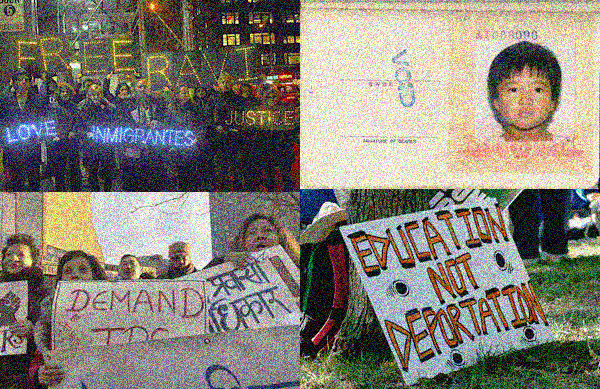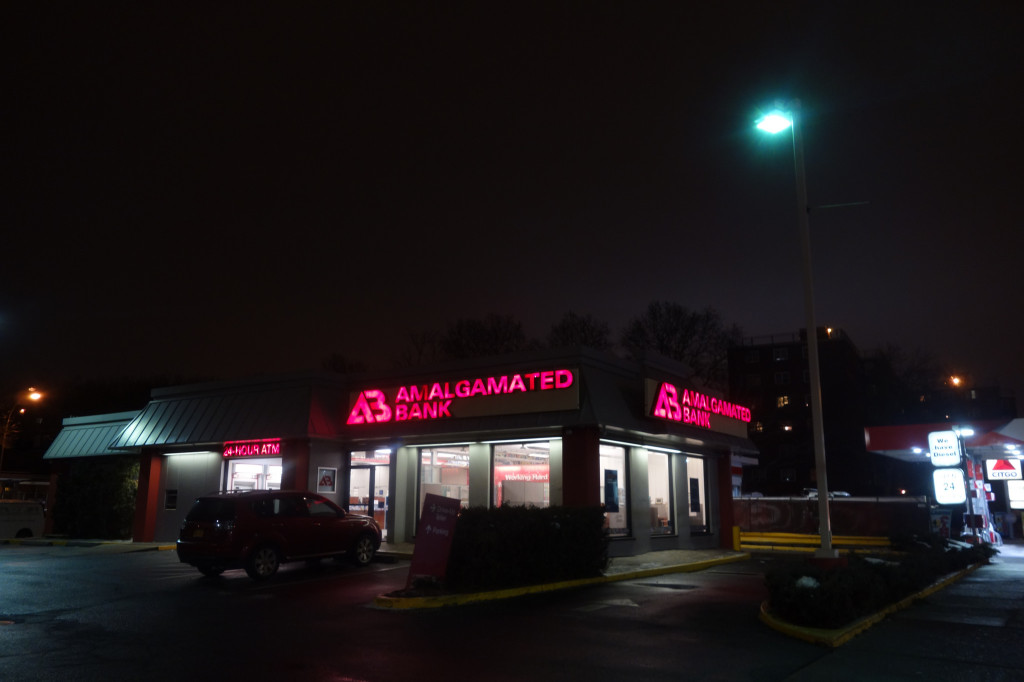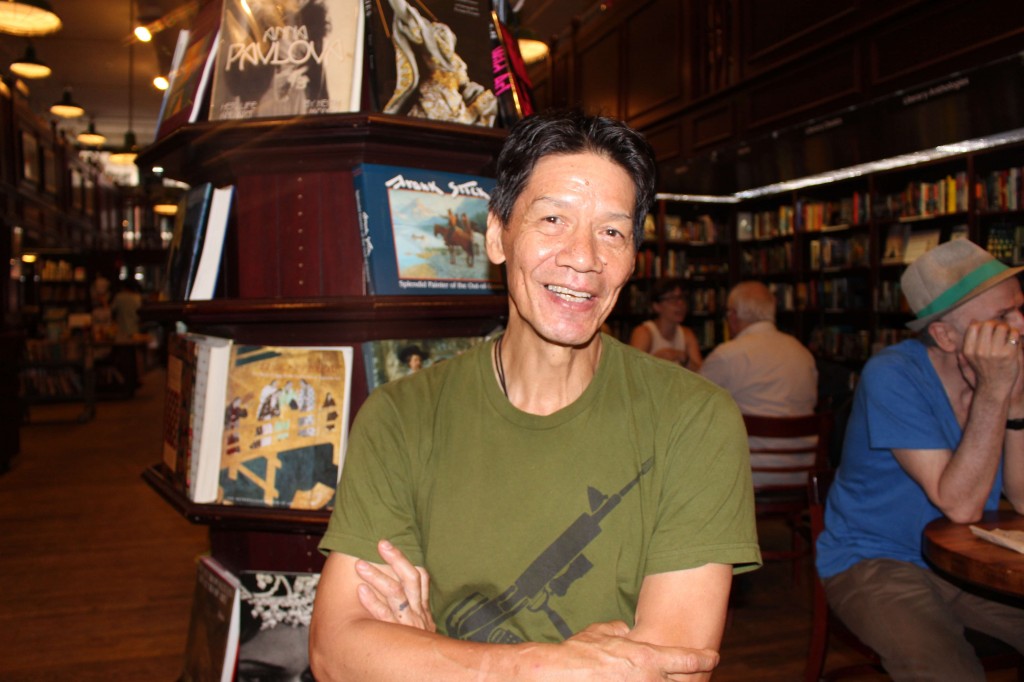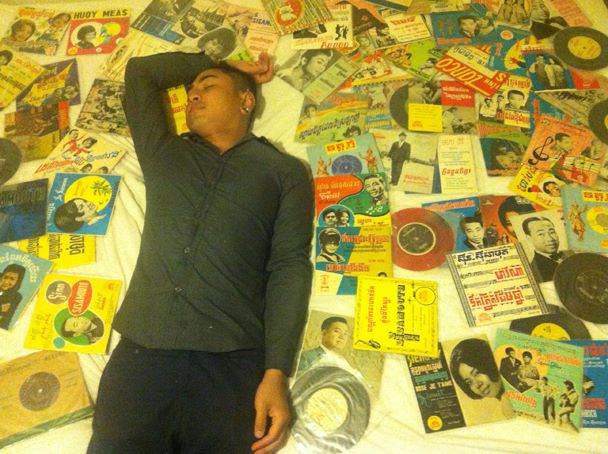Under Trump, there are no closed deportation cases.
Only deportation cases.

September 4, 2018
The Trump administration has announced its plan to reopen thousands of previously closed deportation cases. This means that the Immigration and Customs Enforcement (ICE) is gearing to restart deportation proceedings against immigrants who were not just arrested or convicted of a crime, but whose cases have been closed by immigration courts.
ICE attorneys this fiscal year have sought to recalendar nearly 8,000 closed deportation cases. The year before, there were almost 8,400 reopening requests.
For the the last two years of the Obama administration, there were only 3,551 and 4,847 such requests.
According to the Policy Migration Institute, there are currently more than 355,000 immigrants with already closed deportation cases. With the Trump administration’s plan to reopen more cases, none of them are considered safe and they may soon face deportation proceedings, or even possible deportation.
Open City has put together a list of our stories that deal with possible deportation of immigrants who were previously charged with offenses, whose immigration statuses were cancelled, and whose statuses were in limbo.
When Convictions Follow Immigrants for Life by Roshan Abraham
In the Southeast Asian community, immigrants are three times more likely to be deported for committing crimes in the U.S. than any other immigrant community. The focus is on the good immigrant-bad immigrant view, which is causing immigration services to arrest, detain, and send people back to their country. By telling the stories of many families who are broken apart, the writer questions if these immigrants are really a danger to the community.
“What IIRIRA [Illegal Immigration Reform and Immigrant Responsibility Act] did was create this pipeline from criminal contact to deportation,” Carmen Maria Rey, director of the Immigrant Intervention Project at Sanctuary For Families told me. “It led to issues like mandatory detention – all the issues that we’re grappling with now.”
The jail-to-deportation pipeline has been welcomed by nativists, but it also presented moral distinctions for liberal reformers to prove their own purported toughness on crime. They could then try to use this reputation to court reform for the “good immigrants” that were their constituents. That this criminal class had already served their respective sentences and were deemed fit for society by judges and juries was unimportant.
Nepalis Fight for TPS by Pearl Bhatnagar
When Nepal was devastated by an earthquake in 2015, the United States government granted Temporary Protected Status (TPS) to Nepalis here in the U.S. Many Nepalis in the U.S. work in underpaid and underprotected industries such as nail salons and restaurants. The Trump administration, though, has refused to renew TPS for foreign nationals. With the protected status for Nepalis about to expire (the Trump administration did not renew it) they worry about what will happen to them if they go back to a country that has yet to recover from the destructive earthquake.
Three years after the earthquake hit Nepal, nearly 2.6 million people out of 2.8 million remain displaced. “The earthquake destroyed my ancestral home in Kabre village. My family waits for money from the government, but it is nowhere to be found,” confirms Gita, a TPS holder and nail salon technician.
Ramita adds, “My family lives on a floor above our farm’s livestock, and I especially think about my elderly in-laws for whom this is difficult. Even if we did have enough money to start reconstruction, the roads are not paved and last year’s floods have made it nearly impossible for people to transport construction materials.”
The Right to Stay by Thanu Yakupitiyage
Jong-Min spent his whole life thinking he was an American citizen until his junior year in high school. When he asked his mother for his permanent residency card, “she hesitated and just said it was at home.” Finally, she told Jong-Min that he was an undocumented immigrant. He had to give up his dream of becoming a lawyer and settle for jobs that were willing to take him — a pizza store, a flower shop, his parent’s grocery store. However, this did not stop Jong-Min from becoming a fast advocate for people like him, championing the cause of young immigrants who have come to be known as DREAMERs.
Jong-Min came out as undocumented in 2009. I asked him why he finally decided to come out of the shadows. He said it was a combination of things – he saw more and more undocumented people become vocal about their immigration statuses, and he had also joined several Facebook groups on immigration and saw people posting about the DREAM Act and immigration reform. He’d also heard of several cases of young undocumented people taking their lives because they were so depressed at their lack of prospects in the U.S. “Kids were committing suicide… I couldn’t just sit around and watch.”
To be Muslim, Black, and Undocumented by Sumaya Awad
Fatima Coundoul was a student leader who migrated to New York from Italy when she was a child. Her life was pulled to a halt when DACA was suspended. Under the DACA program, undocumented children who had immigrated to the U.S. are allowed to work and get an education in the country for two years and are offered the opportunity for renewal. However under the suspension, Fatima and over 700,000 lives were in jeopardy.
“In both cases, when Obama was in office and now Trump after him, I think that the immigration system in this country is horrible,” Fatou says. “People expect you to run a race but they tie your feet. That’s exactly how it feels. They tie your feet and you can barely move. But they still expect you to run the race.”
It was, after all, President Obama who deported more people than all other 20th century American heads-of-state put together. Trump inherited this deportation machine and expanded its reach.
The Fight to not be #Deported2Death by Jai Dulani
When leaving the country is the only way to live, there was no other choice for Sohel Hussein and 83 other Bangladeshis who ran to the U.S. for asylum. But upon arrival, not only was Hussein detained and not given asylum, he was not granted bail or parole either. The reason? His association with the BNP party from Bangladesh, which the U.S. State Department considers as a terrorist organization. With this label placed on Hussein, he and others face the harsh reality of being deported to a country that will kill them as soon as they set foot on it.
Kazi Fouzia, a community organizer for DRUM, spoke at the symbolic funeral about the root causes of migration, “If we think why people cross border, why people come this country, my answer: nobody makes a choice to migrate to another country, nobody wants to cross border. The situation, the condition, politically unjust, pushes us to move to another country. We are the victim of capitalism. We are the victim of unjust political situation back home.”



